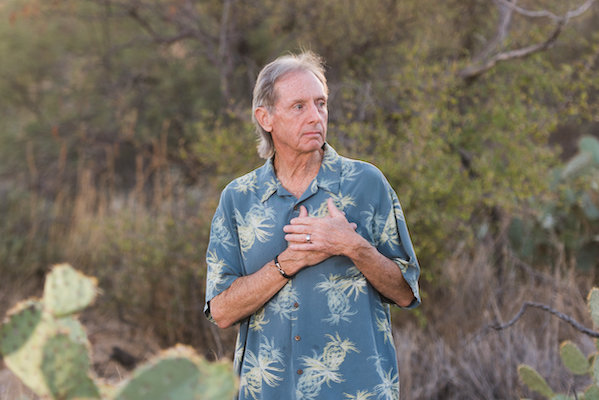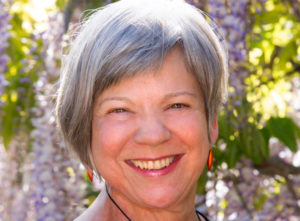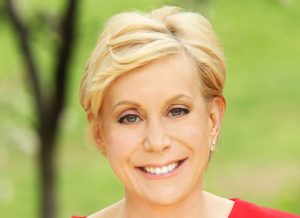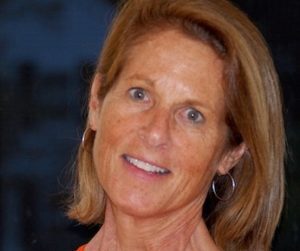
What Men Need to Know
[Guest Blog Post by Khevin Barnes]
I received the news that I had male breast cancer on May 11, 2014. I was alone when I heard that life-changing diagnosis; on the telephone, picking up my messages.
One Word Can Change Everything
“Cancer” is a supercharged word. It roars into our world like a locomotive, pushing away all but the grimmest of thoughts, and it’s easy to go limp as we’re forced to absorb the medical jargon and discuss methods and procedures that might be necessary to save or extend our lives.
I sat with the news of my breast cancer for a few moments before calling my wife on the phone. As we spoke, I reached up and put my hand to my chest; my left breast, and tried to imagine what had gone wrong inside there. I took a deep, tenuous breath as I glanced at the clock. But the time of day had no relevance. There was no place familiar in that instant for me to hold on to and nothing in the future that was certain. Time had stopped. I felt frozen in my tracks.
What’s It Like to Be a Man with Breast Cancer?
Many people think of breast cancer as being a “woman’s disease.” The simple truth is, men have breasts and breast cancer in men, though exceedingly rare, does happen. The same odds as a person accidentally drowning in any given year. And indeed, I felt like I was suffocating, treading water in a sea of unknowns.
With Cancer, Good Timing Is Everything
Generally speaking, males find it more difficult to speak up when we find a body part out of whack. Diagnosis and treatment procedures are disconcerting for many men as well, and guys are more likely to attribute a symptom such as a breast lump to some other cause. By the time many male breast cancers are discovered, they are often already at an advanced stage. I was fortunate to catch mine early, but I had some help. A few days before my diagnosis I was visiting my new primary care physician for a routine visit and as I was getting up to leave he asked, “Is there anything else going on that we should talk about?”
“No, I replied” puffing up my proverbial, masculine chest. To which my wife, who was at my side, chimed in. “Honey, why don’t you show him that little bump in your breast?” Painless and about the size of a pea, I had discovered it while taking a shower a few weeks earlier. I was scheduled for a mammogram the next day, followed by an ultrasound and needle biopsy a few days later. I was in surgery for a mastectomy of my left breast less than thirty days after that conversation. The swiftness of those events by my sharp-eyed doctor and determined wife probably saved my life.
The Process of Survival Begins
I sought out the opinions of several oncologists to aid me in plotting my plan of action. But with a rare cancer that offered little in the way of research, clinical trials, or pharmaceutical support, I found myself making some tough decisions on my own. With my form of breast cancer, I was given an 80% chance of surviving for five years and in the end, I opted to forgo chemotherapy. Cancer requires that we make a series of highly personal and consequential choices, and once I had made mine, I was ready to move ahead with my life.
Taking Charge of Our Disease
I was determined to take an active role in my own health and healing while helping the other men who were certain to follow in my footsteps. I began writing for several cancer magazines, wrote and composed a stage musical about male breast cancer, and spoke to audiences of both women and men who had breast cancer too. After all, we may be divided in our anatomy, but in the end, breast cancer is a genderless disease.
Now, after living seven years since my diagnosis and mastectomy surgery, I’ve come to realize that it has never been the length of my life that really matters, but rather, the breadth of my life that is important. Cancer has reminded me that the circumstances which have broadened my view of the world are the most precious gifts I’ve been given. I have an opportunity to carry on for a while with my life’s objectives, and an obligation to share what I’ve learned about surviving with other men.
So, What Can Men Do?
Guys have to take matters into their own hands. Literally. We need to get used to feeling our chests and under our arms regularly, keeping an eye out for any unusual changes, no matter how innocuous they may seem. Thirty seconds in the shower should do the trick. And we ought to get comfortable with the fact that we are aging. And as we age, we open ourselves to changes in our bodies, not all of them good. Early detection is always a good thing, however. Breast cancer is no more a woman thing than being an astronaut, or a firefighter or the leader of a country is a man thing. The times have changed and so too has medicine and science and human awareness. Working together, men and women are busting through breast cancer.
Khevin Barnes is a retired stage magician and musician, health journalist, and playwright. He lives with his wife and cats in Vail, Arizona, and regularly writes and speaks about cancer and other health-related issues.
Khevin is part of the Official NCSD Speakers Bureau Roster. To access the Roster, register your event today.




